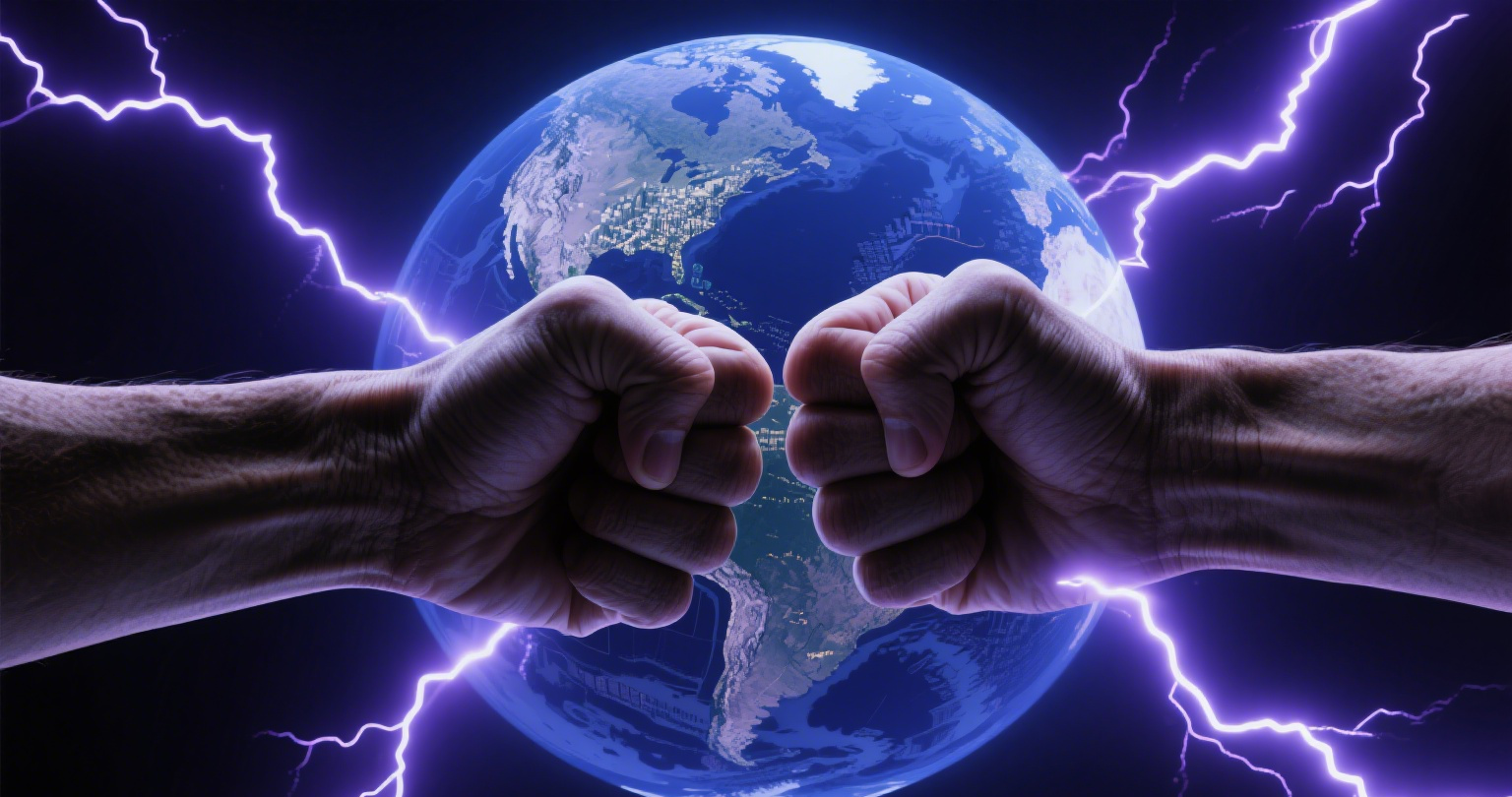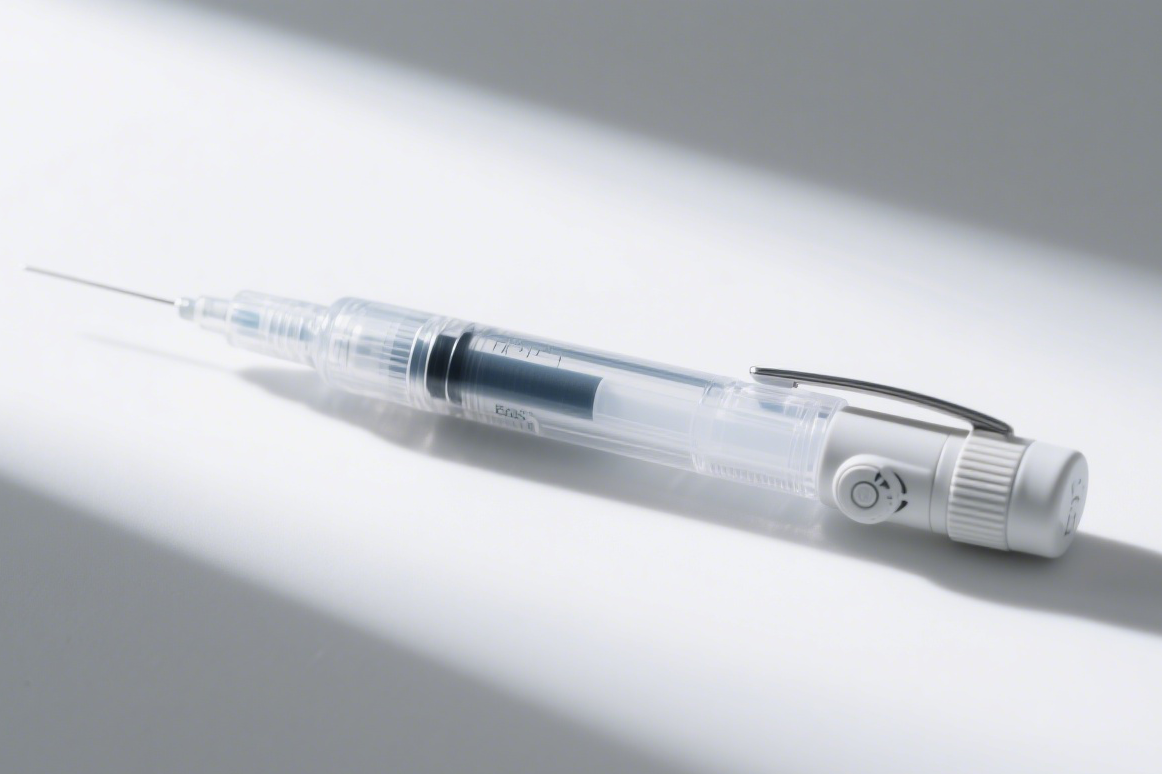 Industry News
Industry News "Tariff Deadline" in Countdown: Trump Opts for Direct Notifications, Axes Meeting Requires
"Tariff Deadline" in Countdown: Trump Opts for Direct Notifications, Axes Meeting Requires
2025-11-20
2025-11-20
2025-10-13
2025-08-27
2025-08-19
2025-07-30
 Current Affairs
Current AffairsRecent weeks have witnessed a dramatic escalation in EU-China trade frictions, as China's reciprocal countermeasures against a series of EU restrictions have drawn global attention. On July 6, China's Ministry of Finance announced restrictions on EU firms' participation in medical device procurement projects exceeding 45 million yuan, directly responding to the EU's June 20 policy limiting Chinese companies' involvement in its public procurement. Two days prior, the Ministry of Commerce imposed anti-dumping duties of 27.7%-34.9% on EU-branded cognac, mirroring the EU's October 2024 countervailing duties (17.8%-45.3%) on Chinese electric vehicles (EVs). These moves signal a new phase of intense trade rivalry between the two economic powerhouses.

Countermeasures Target EU's Core Interests
China's medical device procurement policy explicitly bars EU firms (excluding EU-invested entities in China) from participating in projects exceeding 45 million yuan, while limiting EU-made products to 50% of total contract value when non-EU suppliers are involved. This mirrors the EU's June rule caps non-EU subcontracting at 50% for projects over 5 million euros, with penalties of 10%-30% for non-compliance. Notably, China exempts projects where only EU products meet technical requirements, balancing deterrence with flexibility.
Meanwhile, the anti-dumping duties on EU cognac—targeting French exports worth over €1 billion in 2023—have already caused a 60% drop in French shipments to China. The exemptions granted to 34 EU firms (including Hennessy, Martell, and Rémy Martin) that committed to minimum prices highlight China's surgical approach, contrasting with the EU's blanket tariffs on Chinese EVs. This "tit-for-tat" strategy underscores Beijing's resolve to defend its industries while preserving avenues for cooperation.

EU Internal Rifts and Negotiation Stalemates
The EU's protectionist policies face growing backlash within its own bloc. Despite imposing up to 45.3% tariffs on Chinese EVs, German automakers—heavily reliant on Chinese battery supply chains (e.g., Volkswagen Anhui's doubled production capacity)—publicly oppose the measures. Mercedes-Benz CEO Ola Källenius has proposed encouraging Chinese EV firms to build factories in Europe through joint ventures, urging a pragmatic resolution. This divergence is stark in technical negotiations: while both sides completed talks, the EU's demands for stringent technical reviews and regional pricing remain unresolved.
Tensions deepen over diverging stances on the Russia-Ukraine conflict. On July 8, EU Commission President Ursula von der Leyen baselessly accused China of "supporting Russia's war economy" and demanded relaxed rare earth export controls. China retorted that its rare earth policies are sovereign, noting a "fast-track channel" already exists for EU firms. During a July 2 Brussels meeting, Chinese Foreign Minister Wang Yi reiterated China's neutral stance, emphasizing the need for European-led peace talks.
EU-China Summit: A Crossroads of Confrontation and Dialogue
The EU has shortened the July 24 summit to one day and axed certain agendas, though it plans to press China on market access, overcapacity, and Ukraine. China, marking the 50th anniversary of diplomatic ties this year, highlights deep economic interdependence—bilateral trade surged from $2.4 billion in 1975 to $785.8 billion in 2024—and insists on resolving disputes through dialogue.
As the world watches, the summit will test whether the EU can balance protectionism with its economic interests (e.g., French cognac export losses) and whether China's calibrated retaliation and open dialogue can foster a return to rational engagement. The stakes are high: continued unilateralism risks undermining the EU's multilateral influence, while China's dual strategy of defense and diplomacy offers a blueprint for sustainable cooperation. The outcome may well define the trajectory of EU-China relations for decades to come.